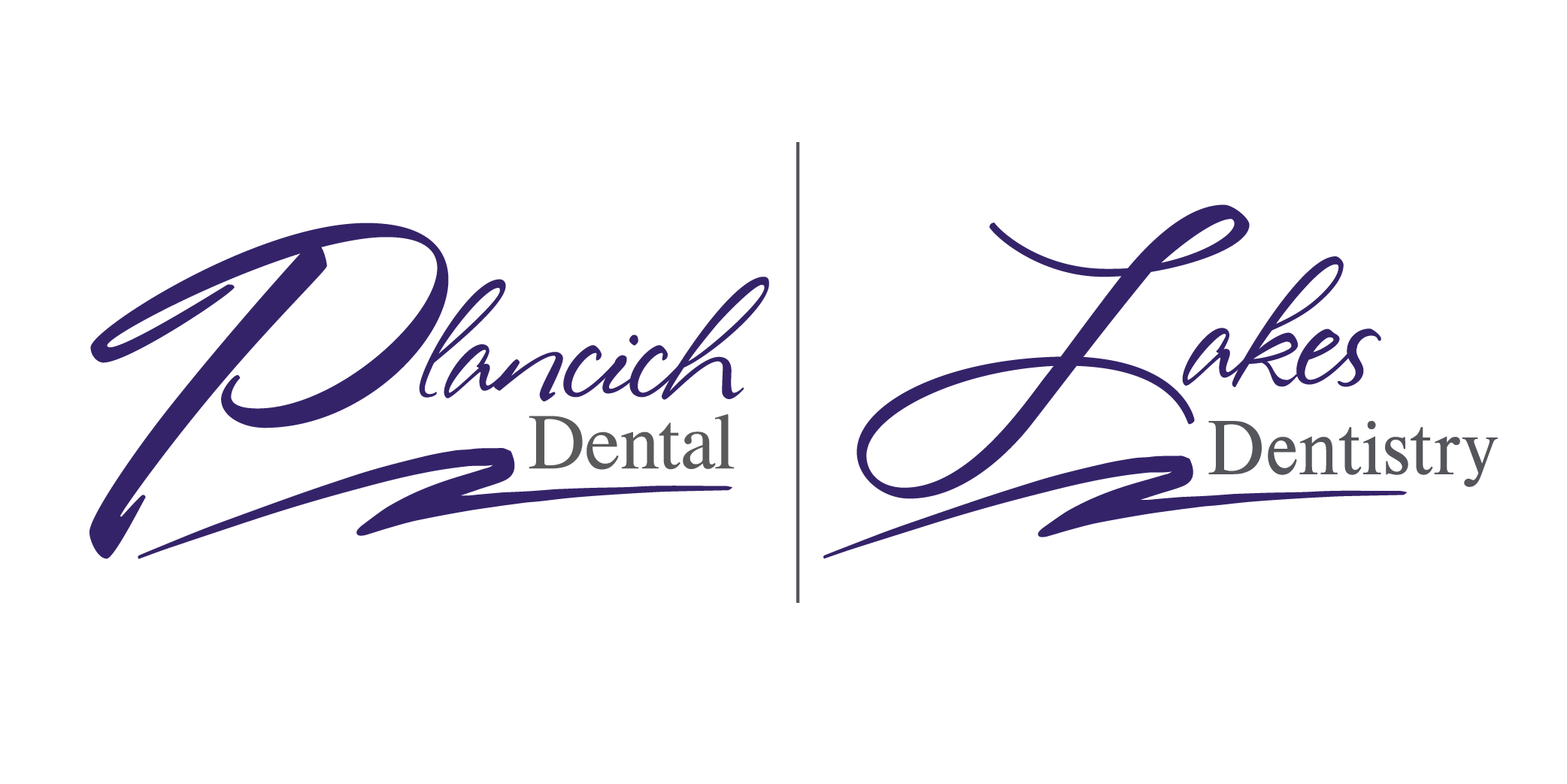Dental pain and dental problems can be unsettling experiences that can threaten your overall health. When these events occur, your dentist should be your first call.
However, if you encounter problems such as severe pain, a lost filling, an abscessed tooth, a bacterial infection, or any other issues that take place over a weekend, on a holiday, or in the middle of the night, you may well need to see an emergency dentist. It’s possible you may even need to make a trip to the emergency room to receive immediate attention.
In general, any dental problem that requires immediate treatment to stop bleeding, alleviate dental pain, or save a tooth is considered an emergency. This also applies to severe infections, which can sometimes be life-threatening if left unchecked.
Following are some common dental problems that might indicate emergency dental care is in order:
- Are you in severe pain? Severe pain and bleeding are signs of an emergency.
- Have you suffered a lost or broken tooth? Fast treatment can potentially save a tooth.
- Do you have loose teeth? A loose tooth, even without pain, is a serious problem, especially for adults, who should never lose teeth.
- Do you have an infection? An abscess or serious infection in your mouth can be potentially life-threatening, and treatment should not wait. You may notice swelling or knots on your gums or swelling around the face.
- Do you suffer from gum disease, have especially sensitive gum tissue, and are bleeding from the mouth? These are potential signs of emergencies that may need immediate attention.
If you have any of these symptoms, you may be experiencing a dental emergency. Call your dentist immediately and describe what happened. If your dentist’s office is not open, you may need to go to an emergency dentist or the ER.
However, not every dental situation should be considered an emergency. More to the point, maintaining good oral health practices and taking preventative actions can help avoid situations in which urgent dental care is needed. These include:
- Making regular appointments for dental visits to your dentist’s office at least twice a year for routine check-ups, cleanings and x-rays.
- If the problem can wait until your dentist can see you in the next couple of days, it isn’t a dental emergency. In some cases, problems that seem critical can actually wait for a day or so.
- Employing a regimen that includes brushing and dental floss, both of which serve to protect the soft tissue in your mouth against long-term dental issues and tooth sensitivity.
A chipped tooth or a cracked tooth might be considered an emergency situation if the fracture is very painful or has left sharp fragments that cause trauma inside your mouth. If the tooth is chipped but does not hurt, you can wait to see your dentist.
A toothache can also wait for treatment as long as the pain is not severe and you do not have symptoms of an abscess such as swelling of the face, bumps on the gums, or a high fever. Toothaches sometimes indicate that you may have a cavity, or that you grind your teeth, which can occur at at night during your sleep. If so, your dentist may prescribe a mouthguard.
For those suffering from a toothache, a few possible remedies can be to wash your mouth with warm water, floss the area, or use a cold compress.
If you have lost a crown or filling, you can likely wait a few days to see your dentist. You can temporarily stick a piece of sugar-free gum into the cavity after losing a filling. With a lost crown, you can try putting the crown back in place temporarily with denture adhesive or over-the-counter dental cement.
Most of us know that visiting a dentist regularly is essential to having a healthy mouth. Even so, the American Dental Association reports that an estimated 42% of U.S. adults don’t go to the dentist as often as they would like, and 15% said they made their last appointment because they were experiencing pain.
How often should you visit the dentist? It’s a standard dentistry recommendation in the U.S. that both children and adults should visit a dental office every six months for cleaning, oral exams and other preventative dental treatment and dental procedures.
Plancich Dental in Old Town Tacoma has been providing families with expert integrated dentistry care for 30 years so that you can put your best smile forward. Contact Plancich Dental if you have questions about oral health or need dental assistance. Contact us or schedule your next dental appointment by calling us today.
